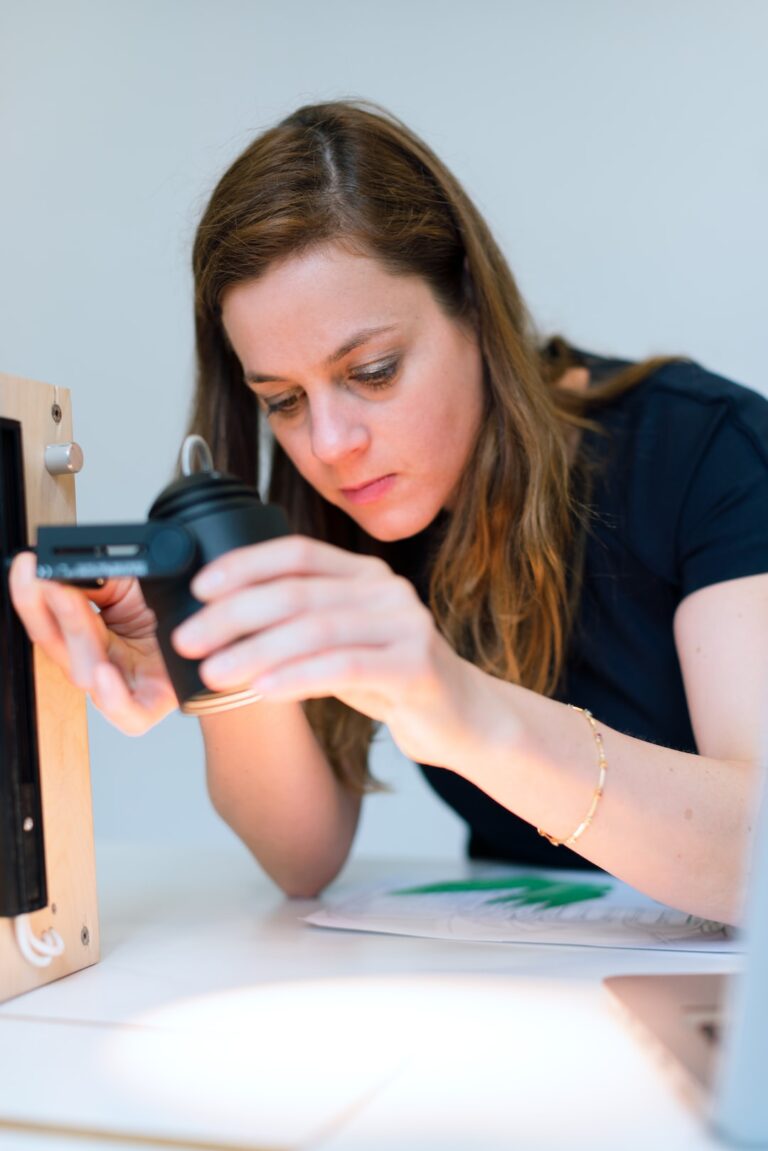Ethereum transactions require gas, a unit that measures the amount of computational effort required to execute operations, like making a transfer or running a contract. Estimating gas can be a crucial aspect, especially when you want to ensure that your transaction doesn't fail due to insufficient gas. While web3.js offers a method to get the gas price, those using ethers.js might wonder about the equivalent functionality. Let's delve into how you can estimate gas prices using ethers.js.
Understanding the Need for Gas Estimation
Before diving into the technicalities, it's essential to understand why estimating gas is vital. Gas ensures that Ethereum operates smoothly. It's a protective mechanism that prevents spam on the network and compensates for the computational energy required to validate and store transactions.
Ethers.js and Gas Estimation
Ethers.js is a popular library among Ethereum developers. It provides a cleaner, more intuitive interface than web3.js for interacting with the Ethereum blockchain. One of the common tasks developers want to perform is estimating the gas price before executing a transaction. So, how can this be achieved with ethers.js?
The estimateGas Method
Ethers.js offers a method called estimateGas within the Contract class. This method allows developers to get an estimate of the gas required for a particular transaction. Here's a simple example to illustrate its usage:
const erc20Abi = [ /* ABI details here */ ];
const address = "YOUR_TOKEN_ADDRESS";
const provider = ethers.getDefaultProvider();
const erc20 = new ethers.Contract(address, erc20Abi, provider);
const recipient = "RECIPIENT_ADDRESS";
const estimation = await erc20.estimateGas.transfer(recipient, 100);Points to Consider
- Provider Connection: To use the
estimateGasmethod, you need to be connected to a provider. Ethers.js makes this easy with thegetDefaultProviderfunction. - Accuracy: It's worth noting that gas estimations might not always be super precise. This is especially true if your contract call involves interactions with multiple other contracts.
FAQs
Q: Why is gas estimation important?
A: Estimating gas ensures that transactions don't fail due to insufficient gas. It also helps users understand the potential cost of a transaction.
Q: Can I trust the gas estimation to be 100% accurate?
A: While the estimateGas method provides a good approximation, it's not always 100% accurate, especially when a contract interacts with multiple other contracts.
Q: How does ethers.js differ from web3.js in terms of gas estimation?
A: While both libraries offer gas estimation functionalities, their methods and interfaces differ. Ethers.js is often considered more user-friendly and intuitive.


